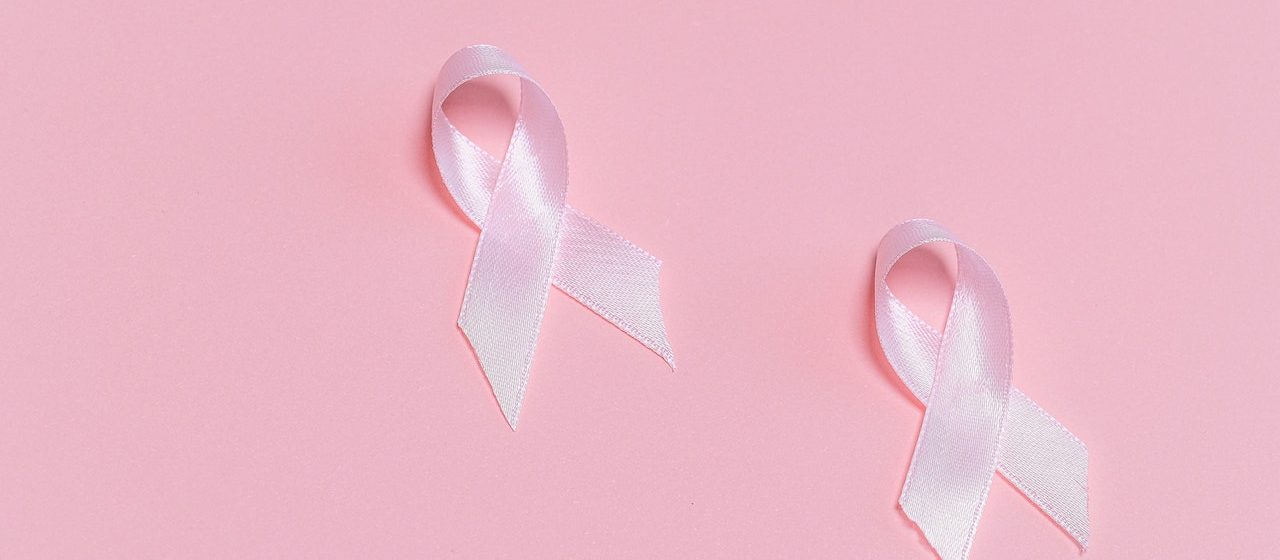What is the Most Common Type of Breast Cancer?

Photo by Anna Shvets under Pexels License
What is the Most Common Type of Breast Cancer? Get to Know What IDC Is
Just like poison, breast cancer comes in various types—all potentially lethal. If you know a person who was recently diagnosed with this devastating disease, one of the questions in your mind would probably be, “What is the most common type of breast cancer?”
Before we tackle that question, allow us to explain in brief what breast cancer is.
Tiny building blocks of life called cells make up your body. When these cells die (including those that are in the breasts), your body produces new healthy and normal ones to replace them.
Breast cancer happens when abnormal cells multiply quickly and form a mass or a lump, which is called a tumor. Breast cancer in just one part of the breast can spread to other parts of the body such as the liver, the bones, and elsewhere.
The Most Common Type of Breast Cancer
The most common type of breast cancer is invasive ductal carcinoma (IDC) or infiltrating ductal carcinoma. It comprises 80% of all breast cancers that affect women.
“Invasive” means cancer has already invaded the fibrous or fatty tissues that surround the breast. When cancer begins in the pipes that carry milk to the nipple, it is identified as “ductal.” Any cancer that starts in the skin or other tissues is referred to as “carcinoma.”
The American Cancer Society reports that most of the 180,000 American women who have breast cancer are diagnosed with IDC each year. IDC is more common to women who are 55 years old and older.
What Are the Symptoms of IDC?
While breast cancer may not show any clear outward signs or symptoms, a routine mammogram or a breast self-examination may reveal a mass or a lump that will lead to further evaluation. Talk to your doctor if you notice these symptoms appearing in your breast area:
1. Lump
2. Redness or rash
3. Thickening of the skin
4. Swelling
5. Pain
6. Discharge in the nipple
7. Dimpling
8. Nipple turning inward
9. Changes in appearance
10. Lumps found in the underarm area
What are the Additional Types of IDC?
To give you a deeper understanding of invasive ductal carcinoma, here are the four IDC types that are much less common:
- Papillary Carcinoma
This primarily affects women who are 60 years old and over. Patients diagnosed with this type of breast cancer usually are given a very good prognosis, which means they have high survival rates.
- Mucinous Ductal Carcinoma
This type also has a better prognosis compared to the other more common types of invasive ductal carcinomas. When mucous is produced by the cancer cells in the breast, the cells, and the mucous combine to form a lump or a tumor.
- Tubular Ductal Carcinoma
This type only makes up 2% of breast cancer diagnoses and has an excellent prognosis. When you look at it under a microscope, it appears like hundreds of tiny tubes.
- Medullary Ductal Carcinoma
In most cases, a mammogram reveals the tumor, which doesn’t’ always look or feel like a lump. This is a rare type of IDC comprising only 3-5% of breast cancer cases.
You Can Help People with IDC
Do you want to turn your unwanted clunker into a life-saving instrument for those who’ve been diagnosed with IDC? If you do, consider donating it to Breast Cancer Car Donations today by filling out our online donation form or calling us at 866-540-5069.
Every vehicle you donate will help support the breast health programs and services being provided by our charity partners that will benefit every community in the United States—starting in yours!
After we auction off the donated vehicles we received, we turn over the proceeds to these IRS-certified 501(c)3 nonprofit organizations. They use the money to provide services such as free breast cancer screening for individuals to enable early detection of the life-threatening disease, breast cancer prevention and education campaign, and financial assistance combined with access to medical facilities for uninsured and underserved breast cancer patients so they can undergo full treatment, thus increasing their chances of surviving the disease.
You will also personally benefit from your donation since you’ll get to receive a top tax deduction after we sell your vehicle.
We accept almost all types of vehicles regardless of their age and condition. We also accept vehicle donations anywhere in the United States since we have car donation programs in all 50 states.
If you want to learn more about how car donations can benefit breast cancer patients all over the country and yourself as well, check out our FAQs page. For inquiries, you may call us at our toll-free hotline 866-540-5069 or send us a message online.

Photo by Thirdman under Pexels License
Extend a Lifeline to Breast Cancer Sufferers
Knowing the most common type of breast cancer will give you a good idea of what to expect once a person you know is diagnosed with this life-threatening disease. In order to beat the disease, treatment is a necessity for all breast cancer patients. Unfortunately, many cannot afford the cost of treatment. You can easily extend a lifeline to them with your car donation. Call us at 866-540-5069 and help us save lives!
Last Updated: March 14th, 2023
